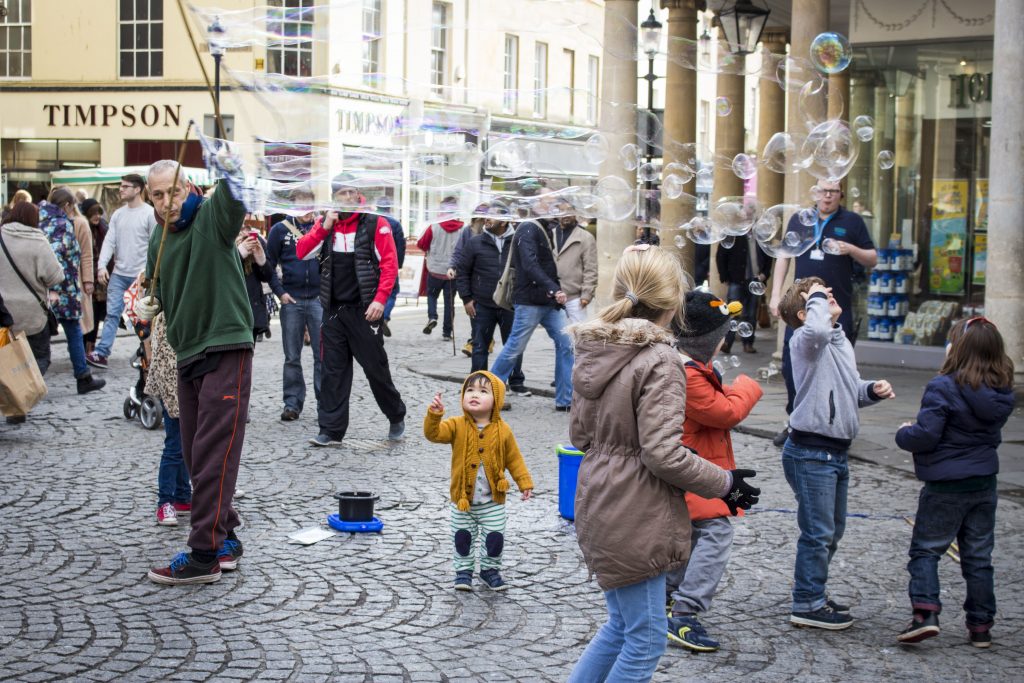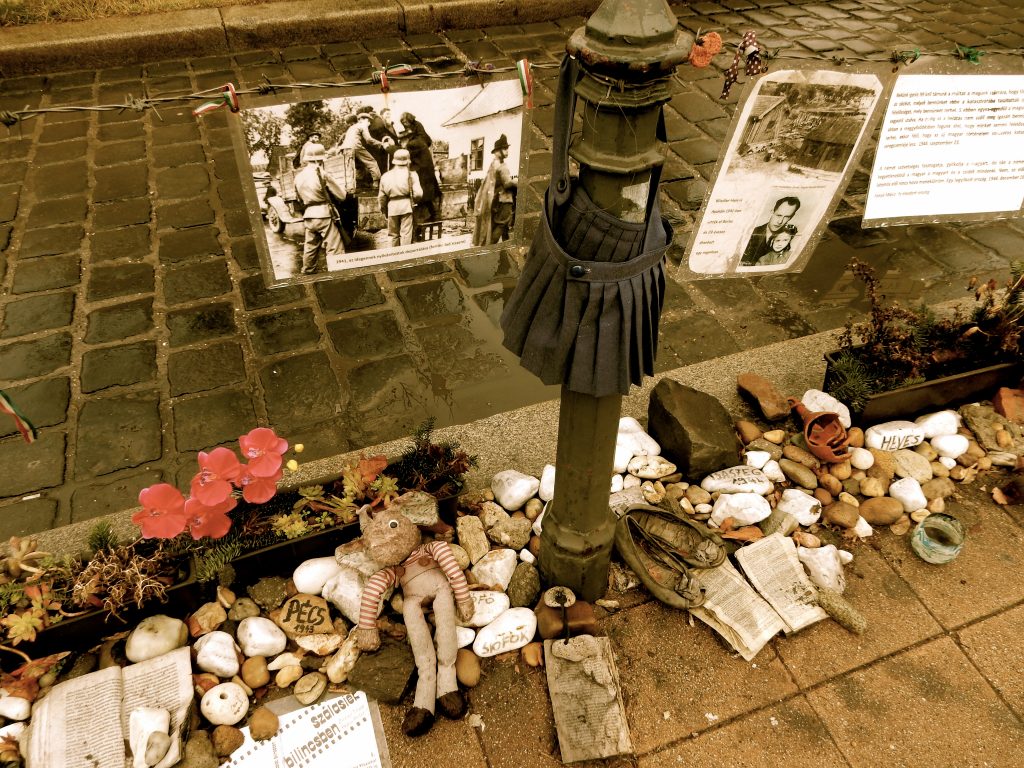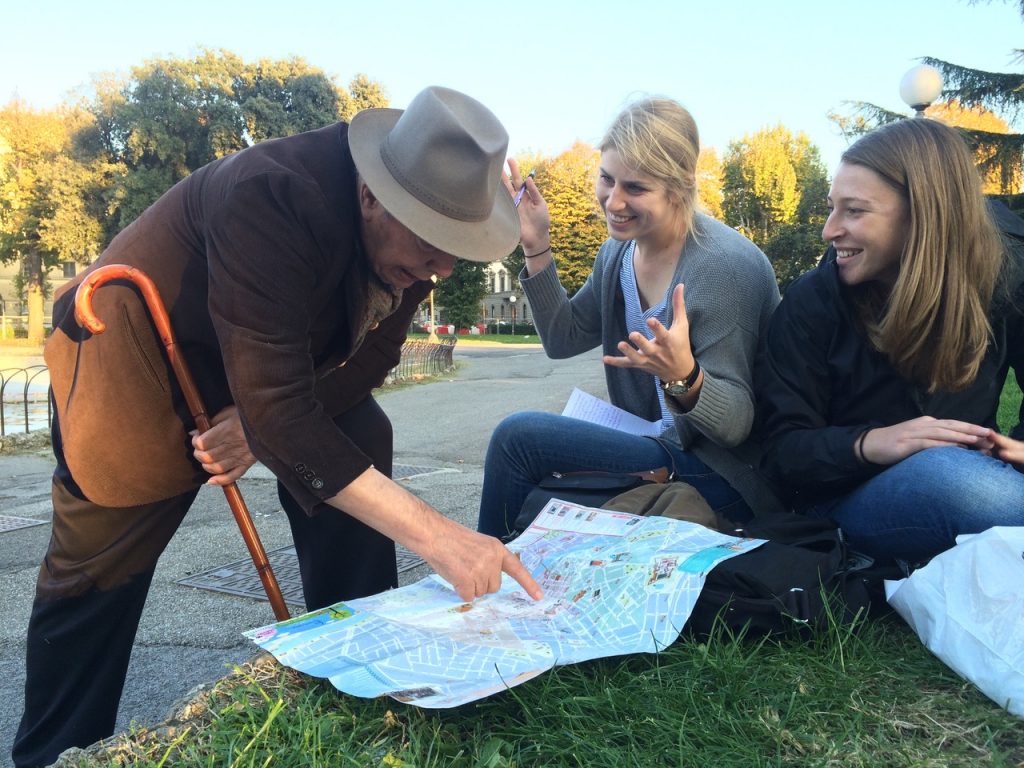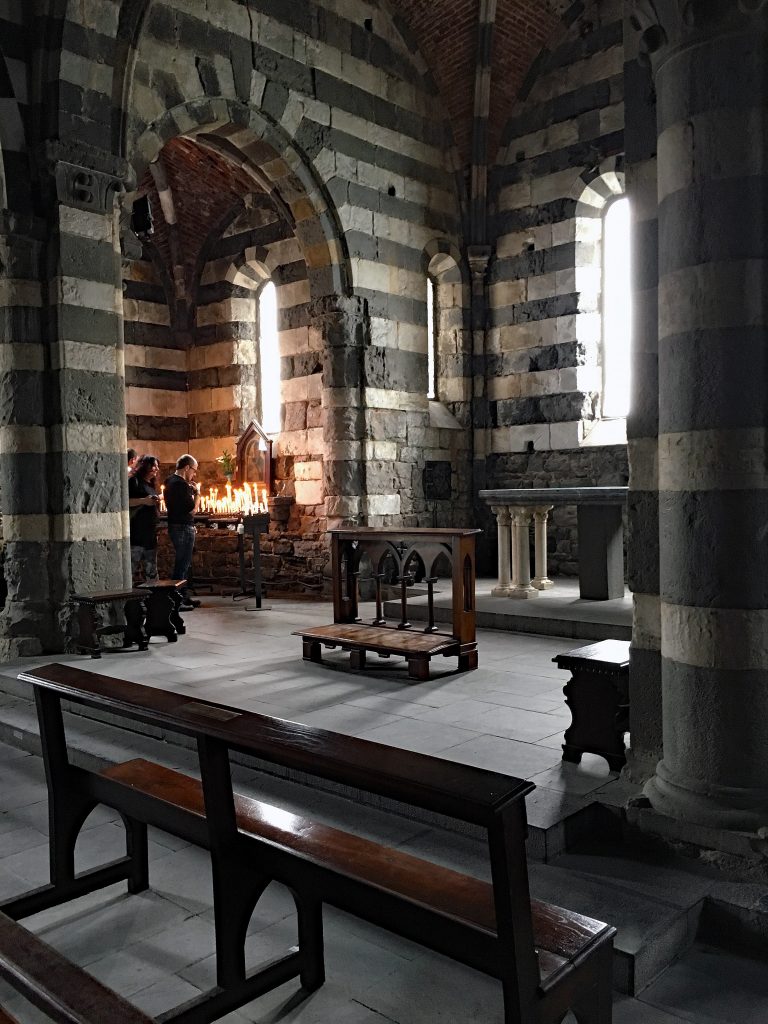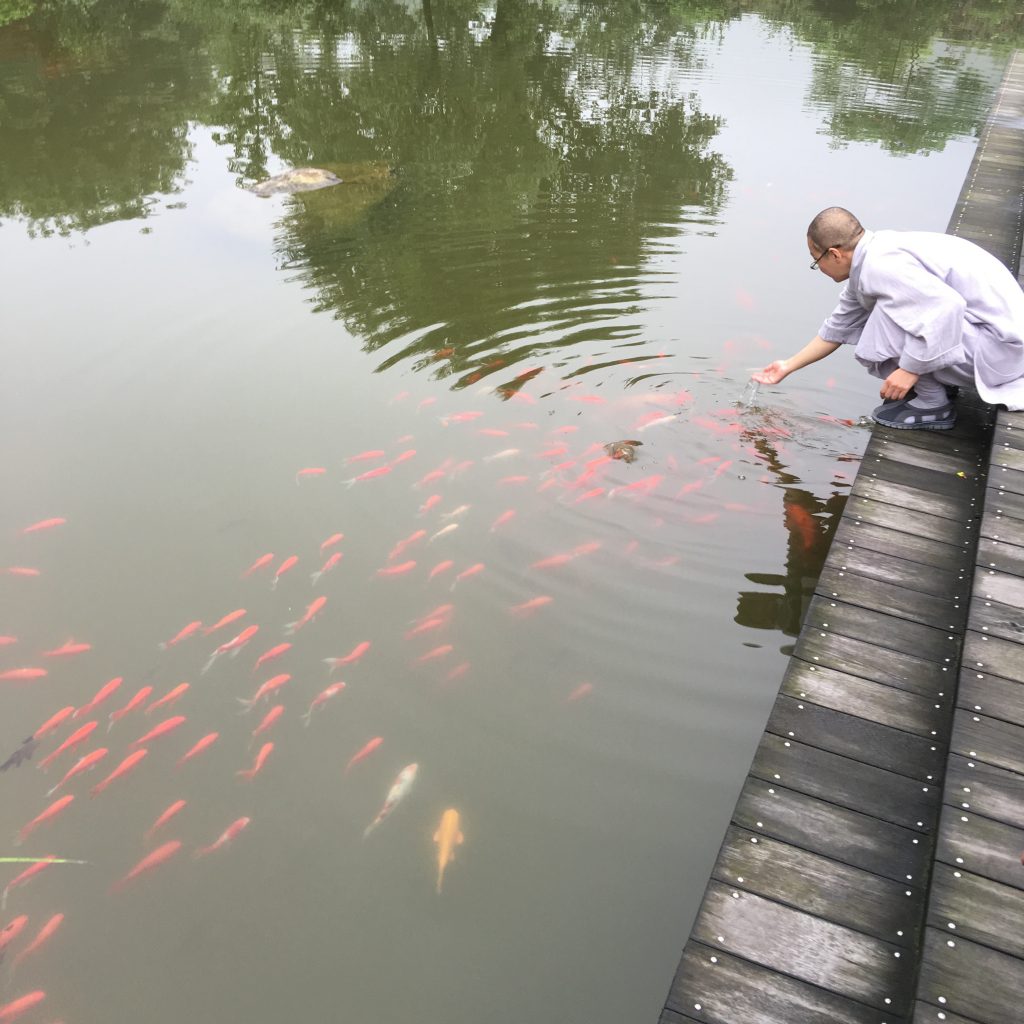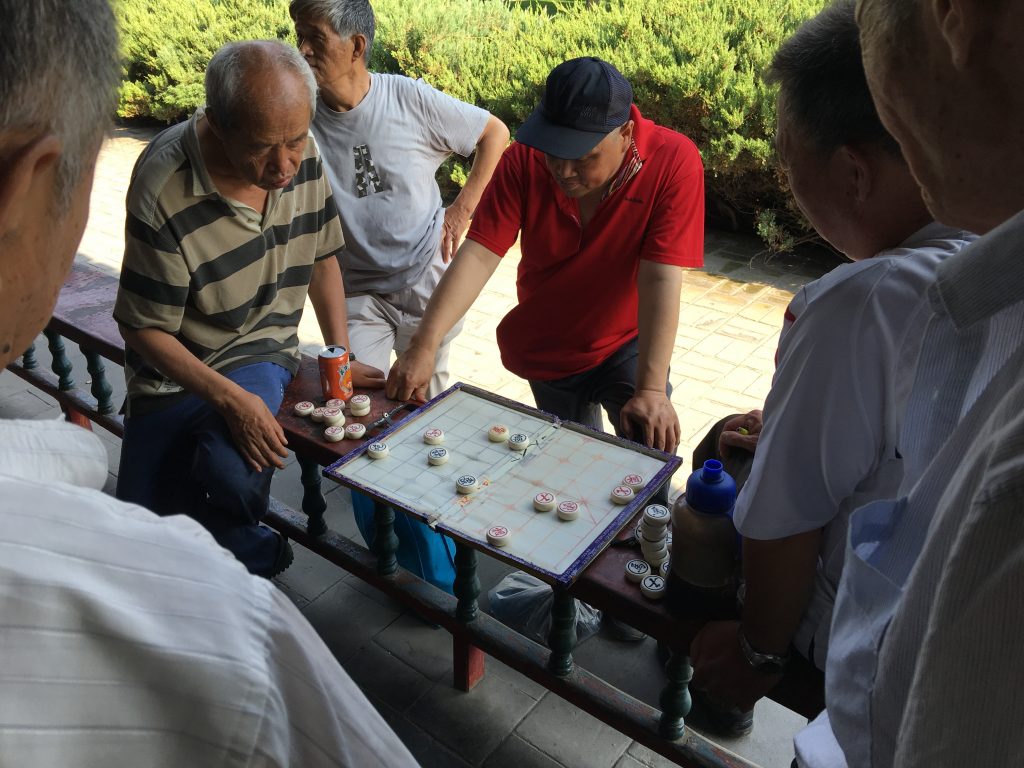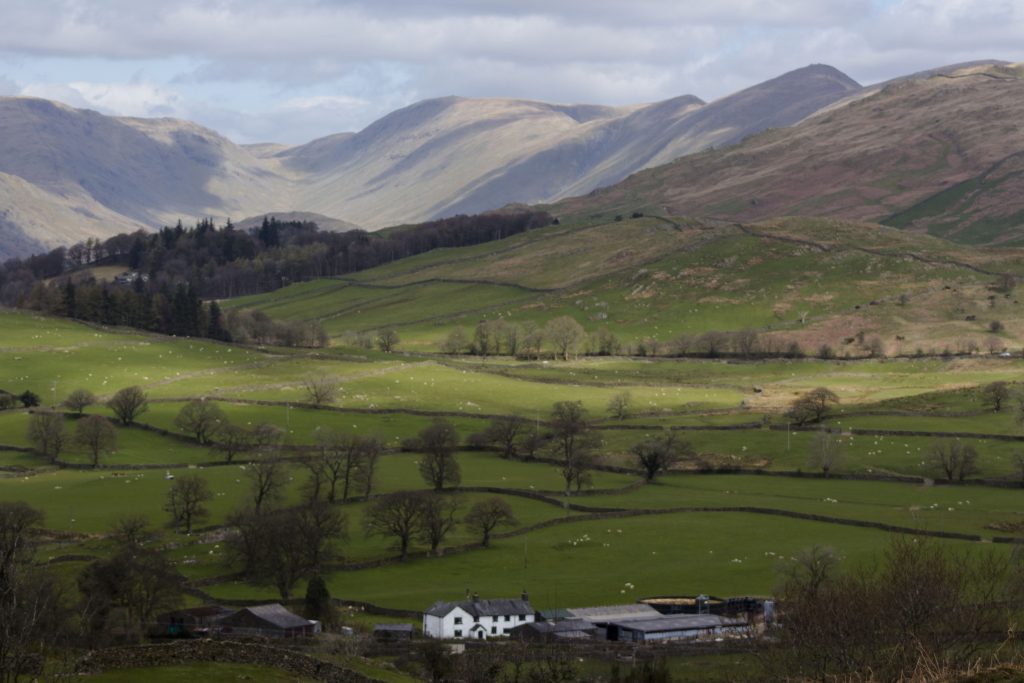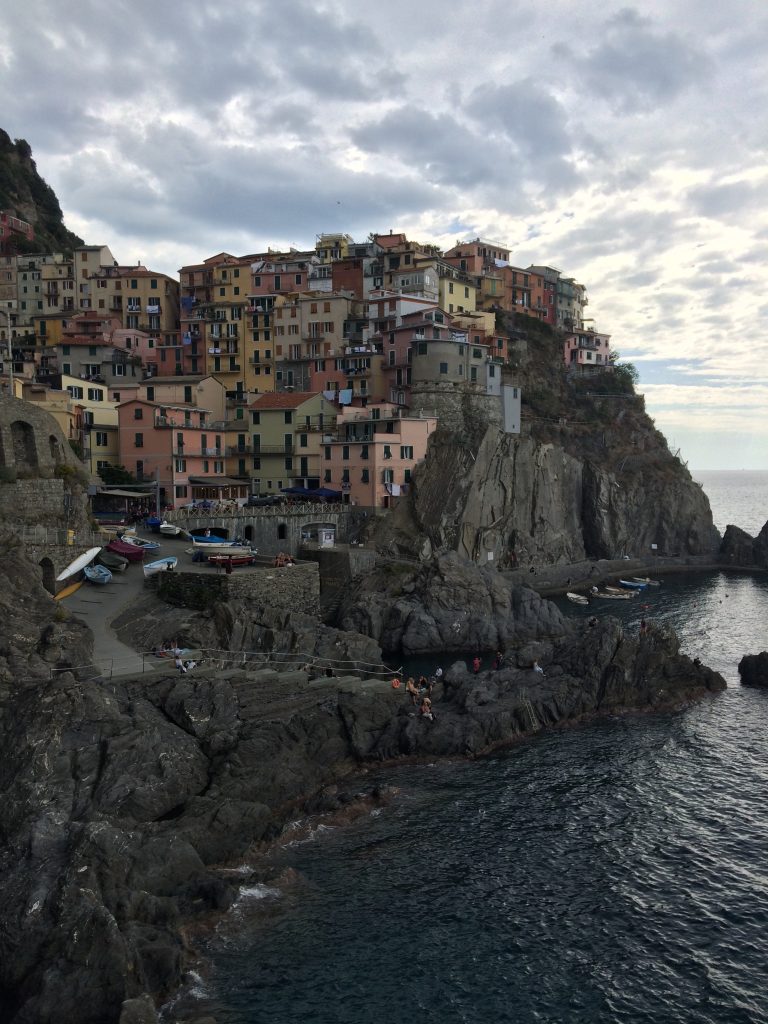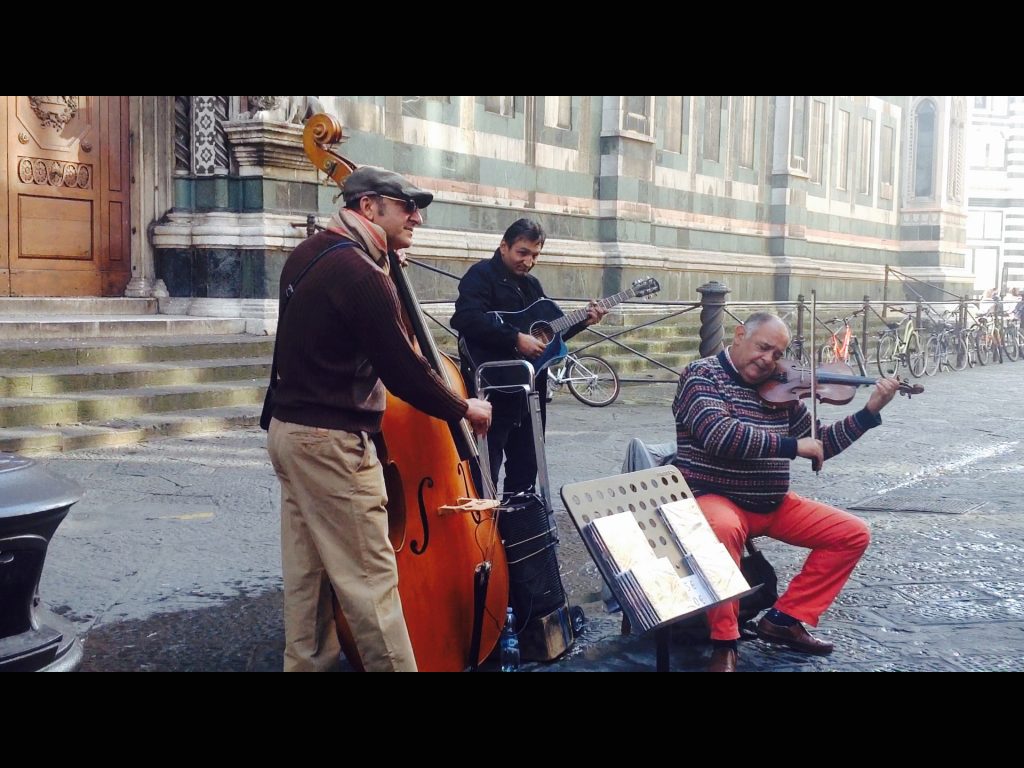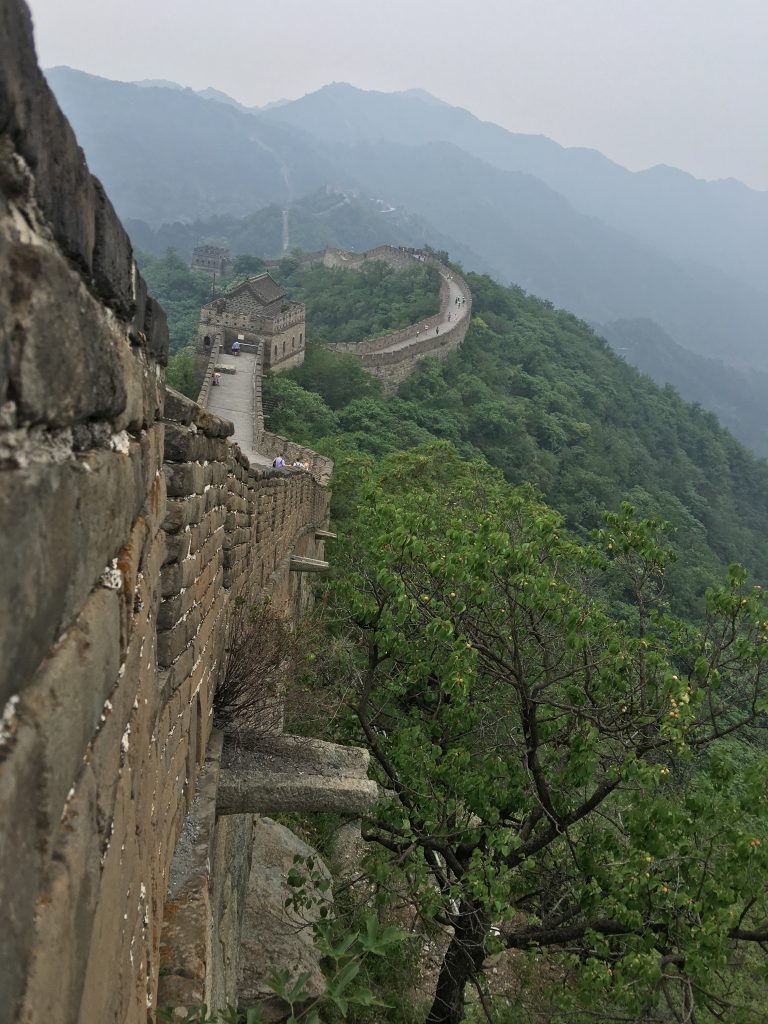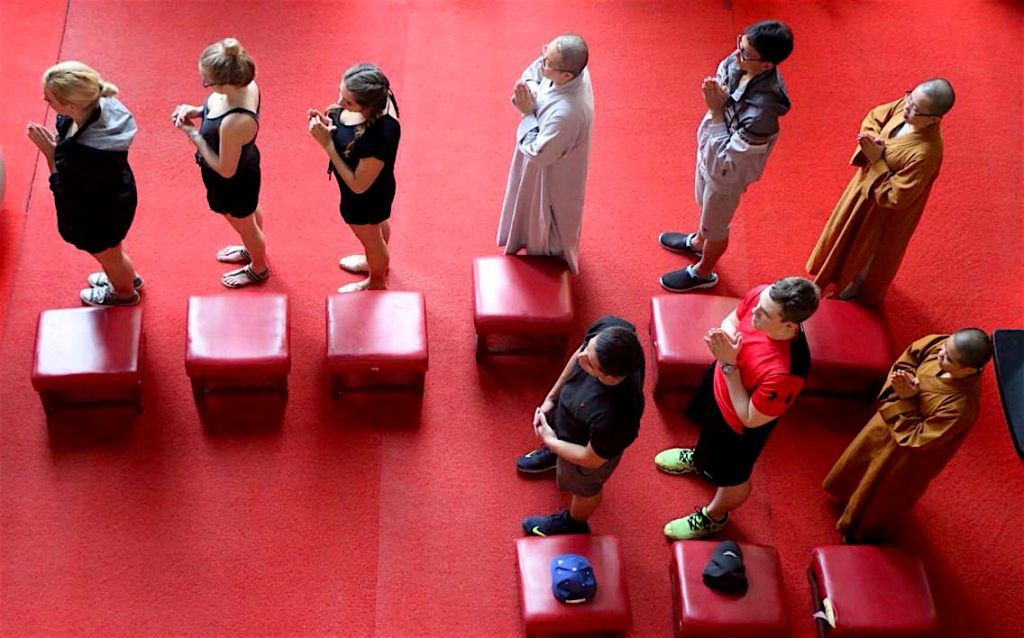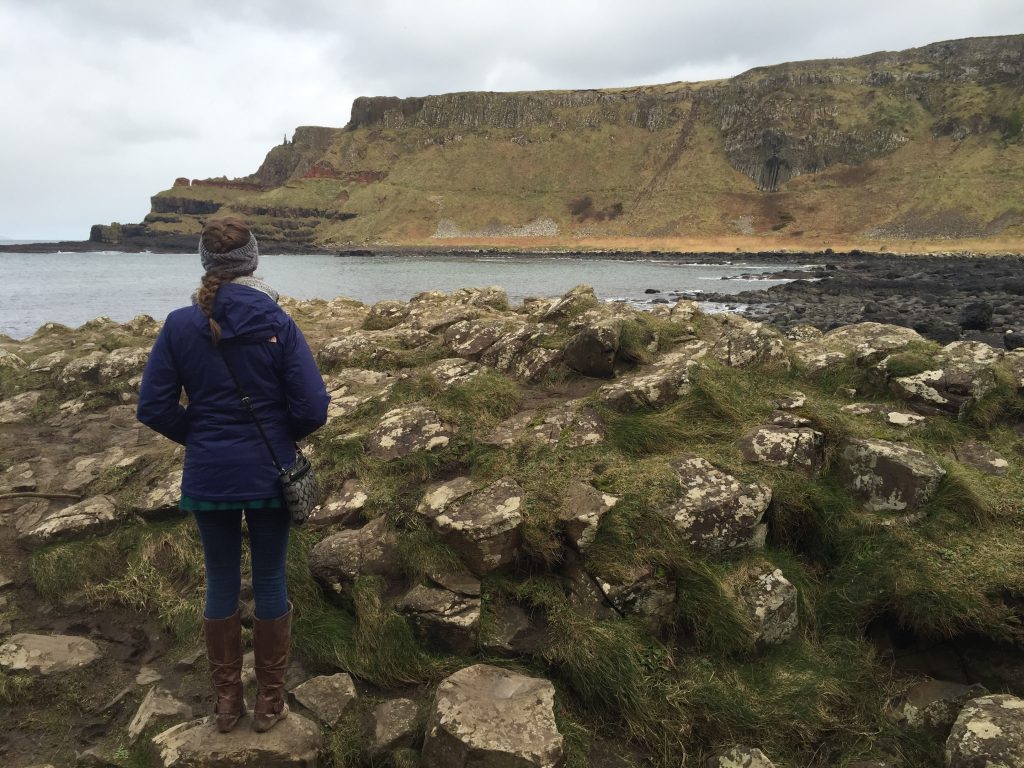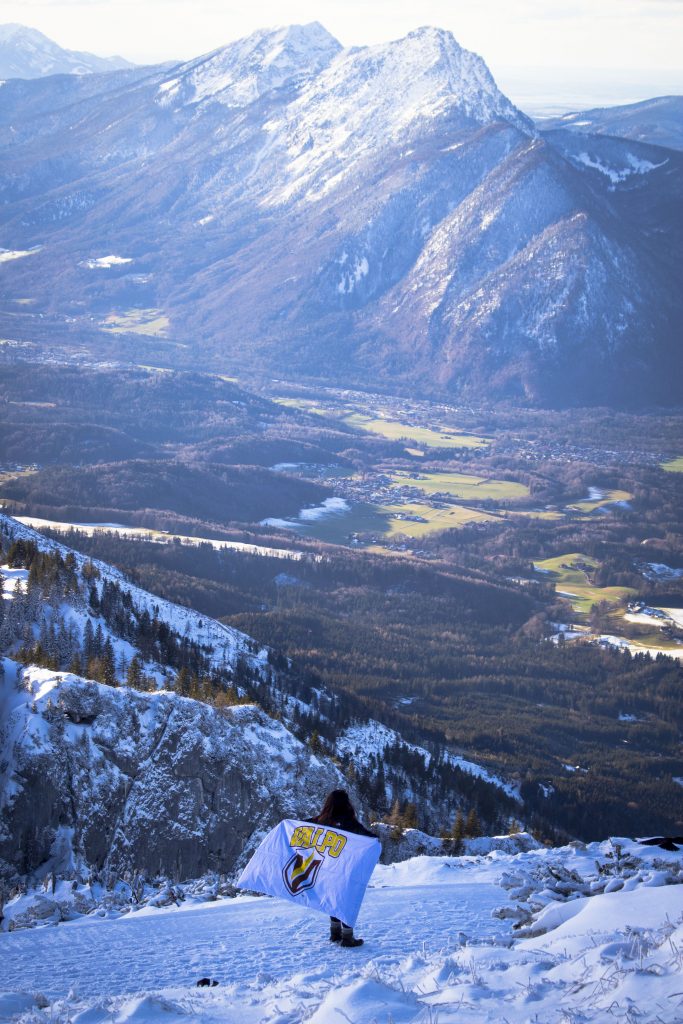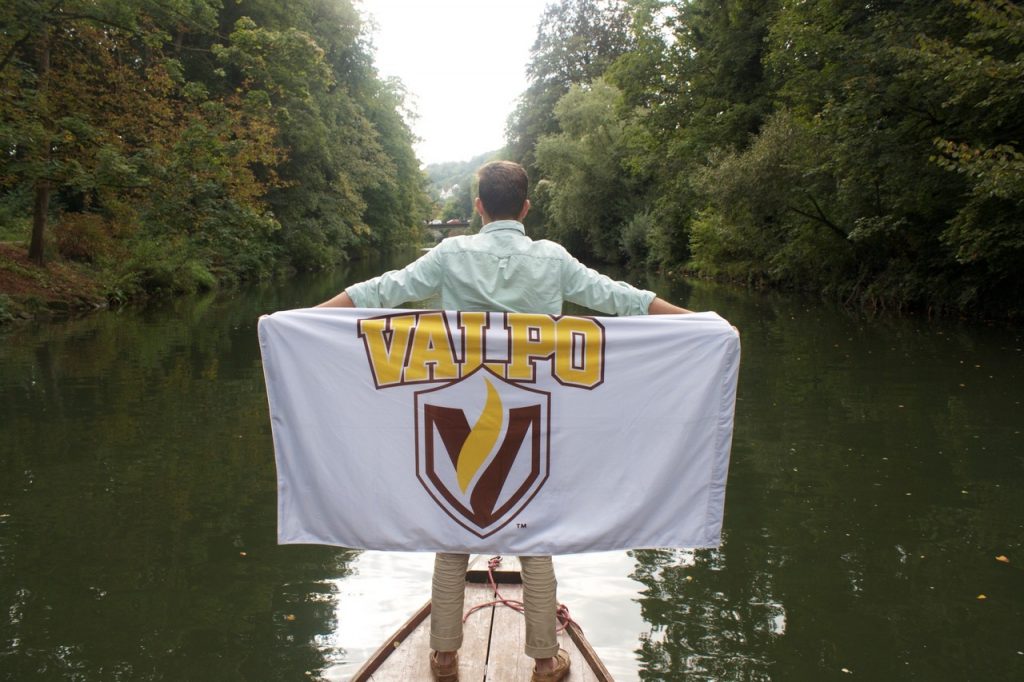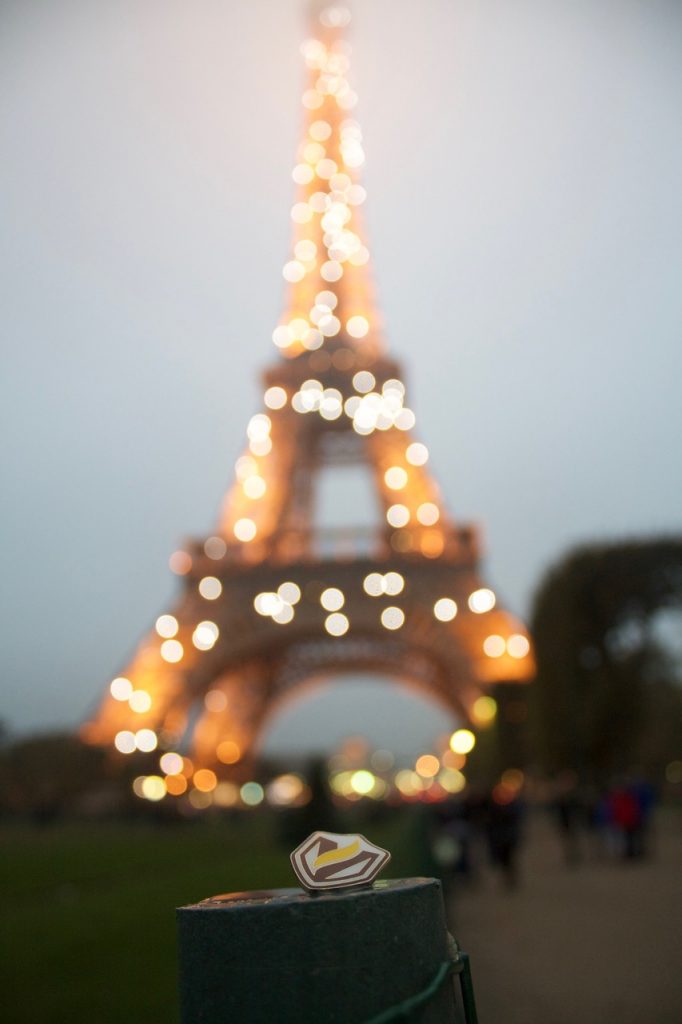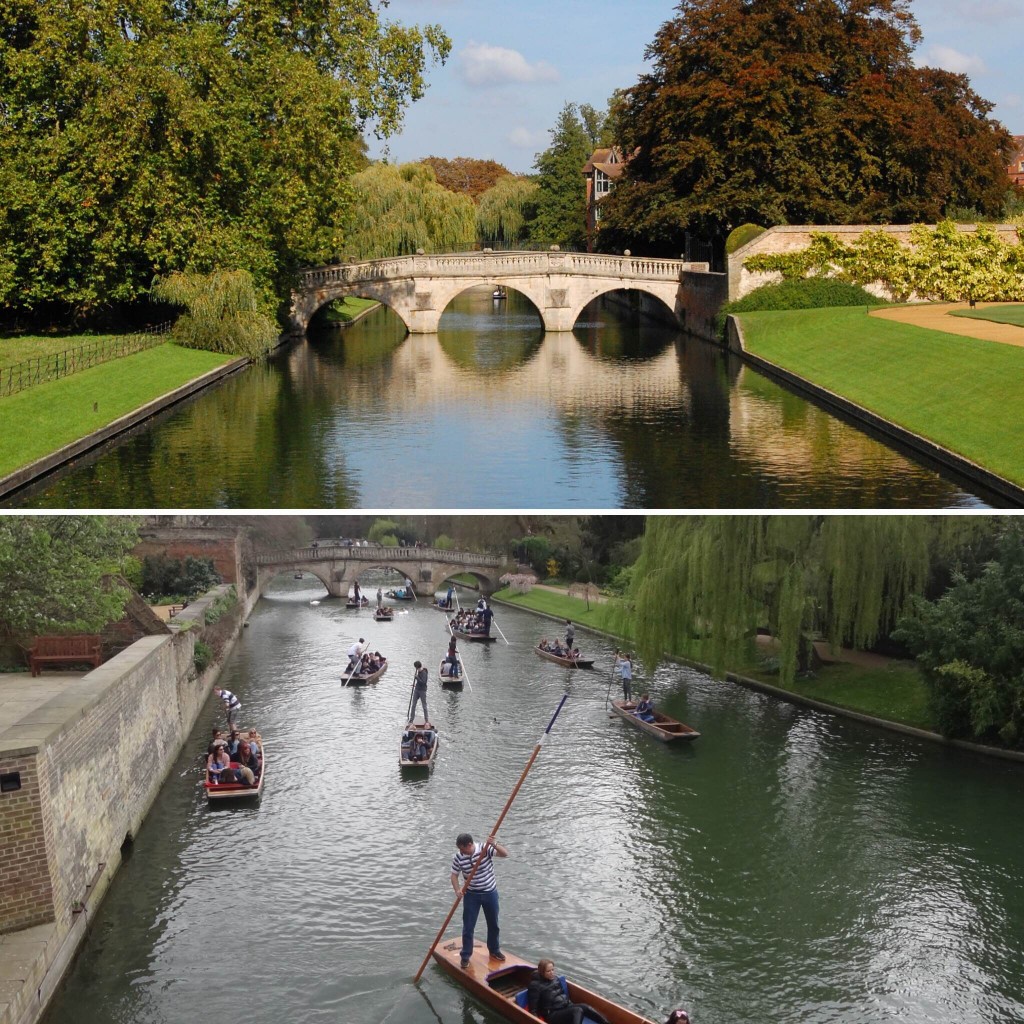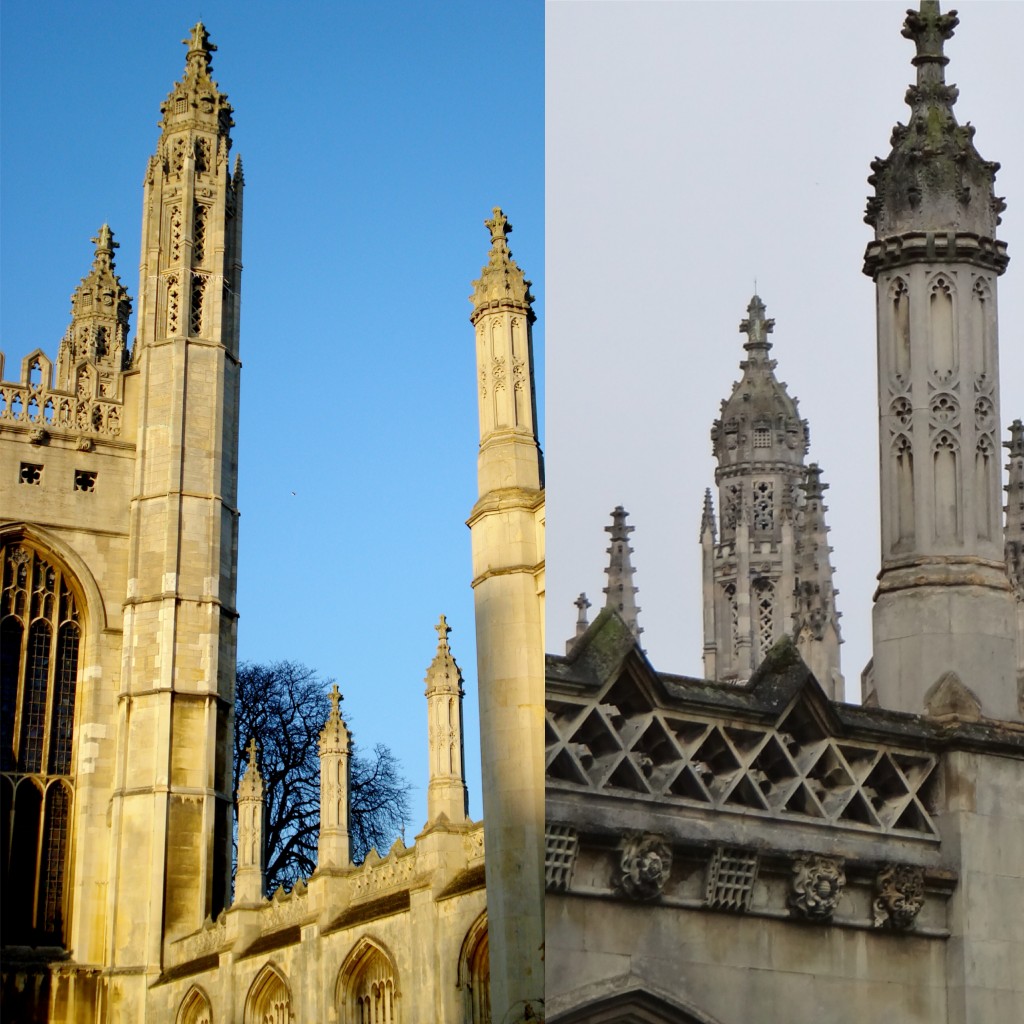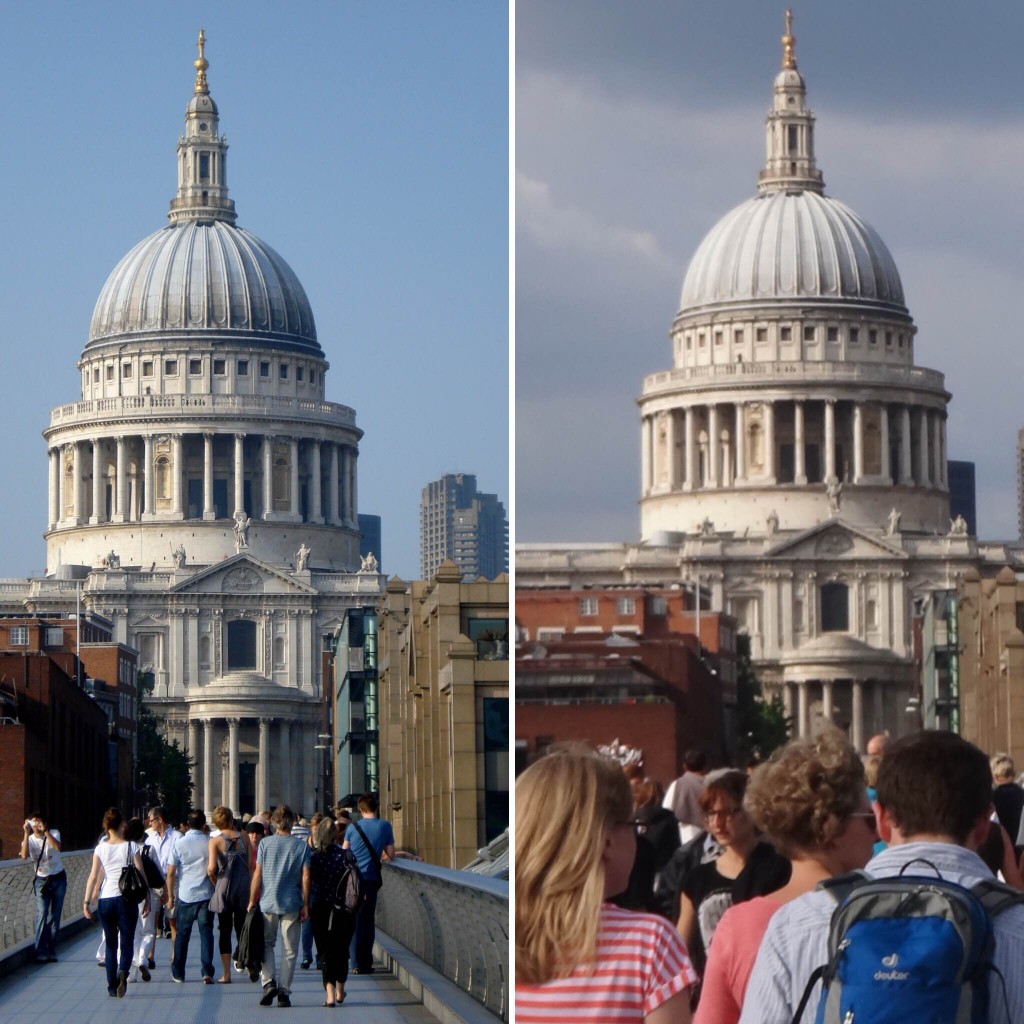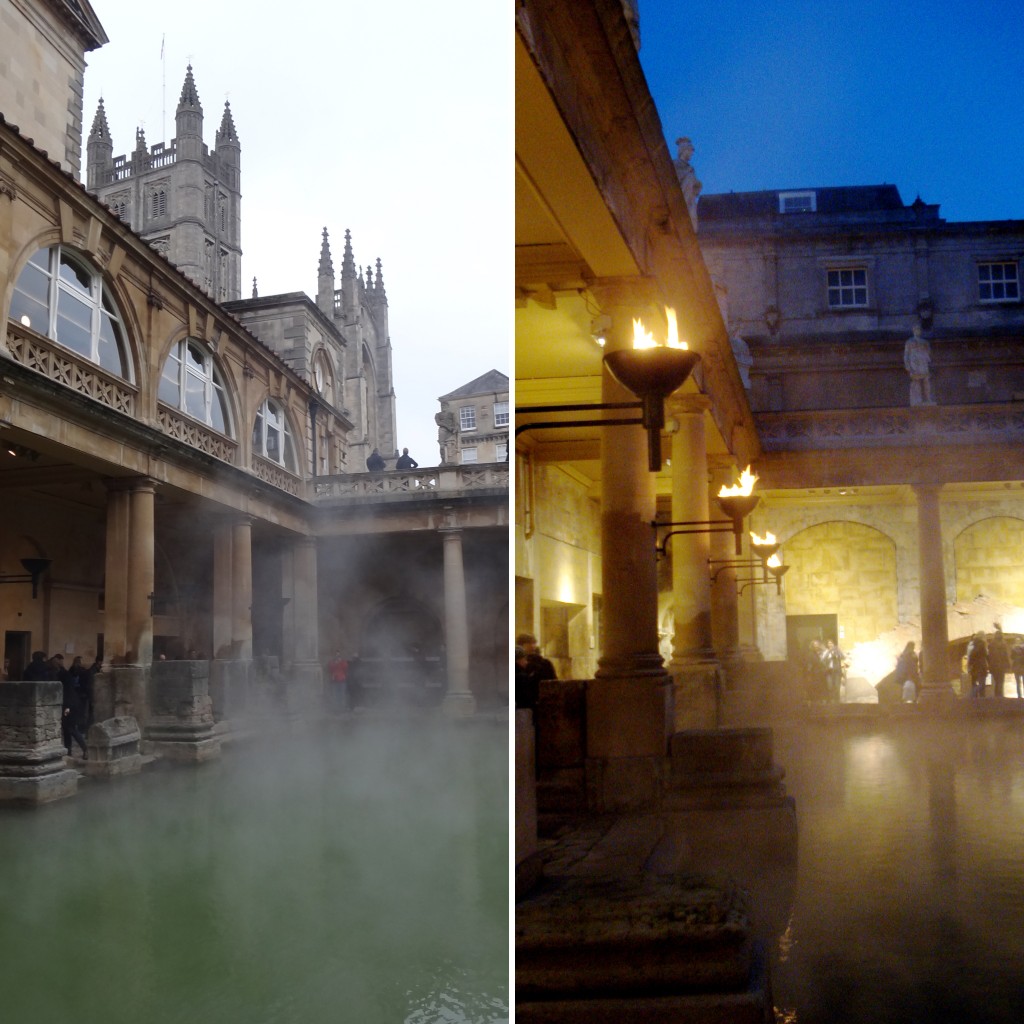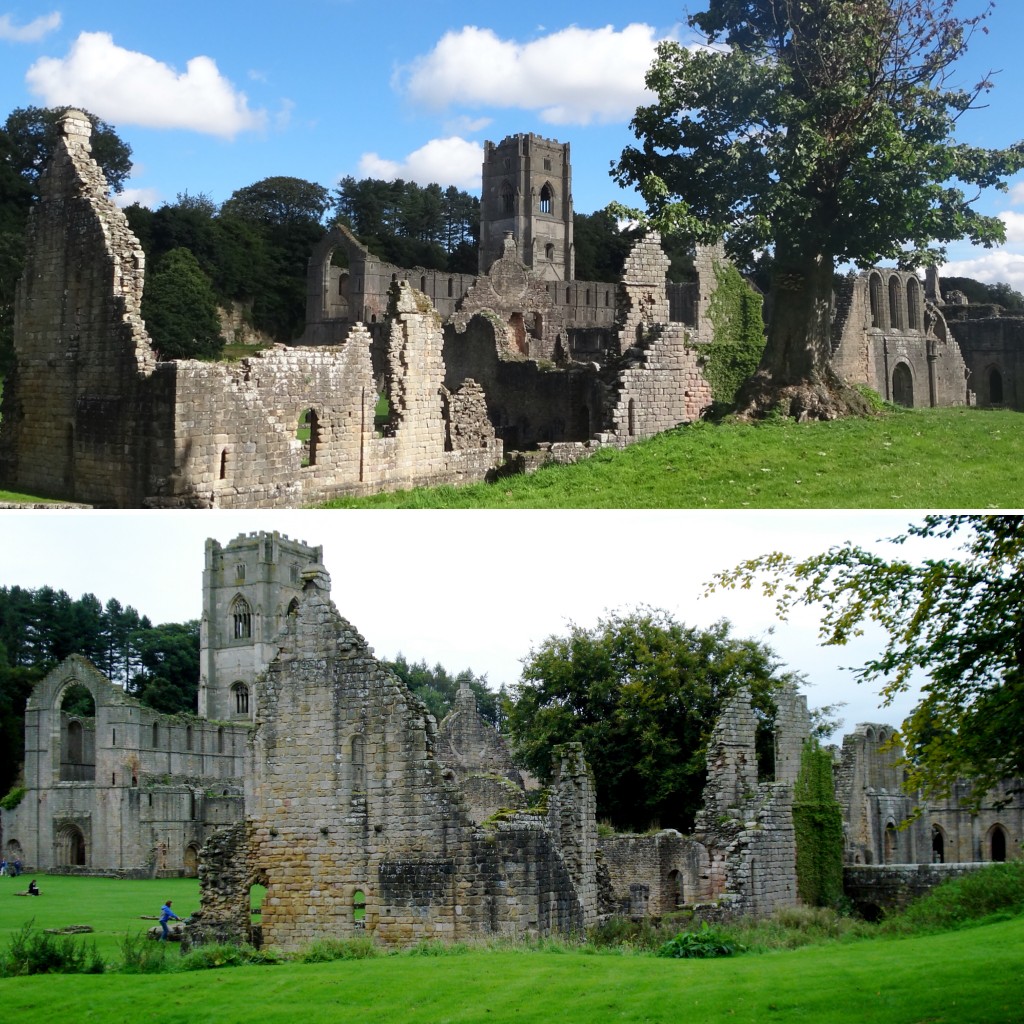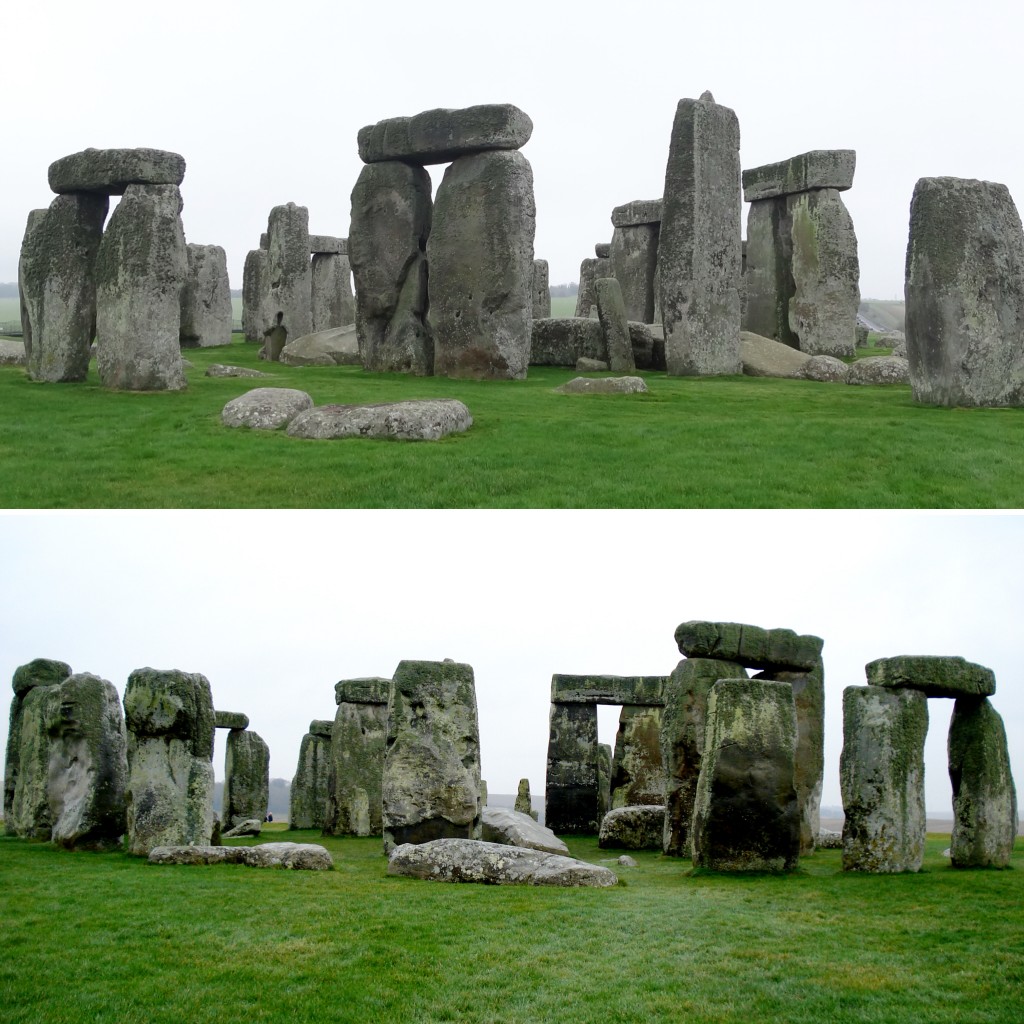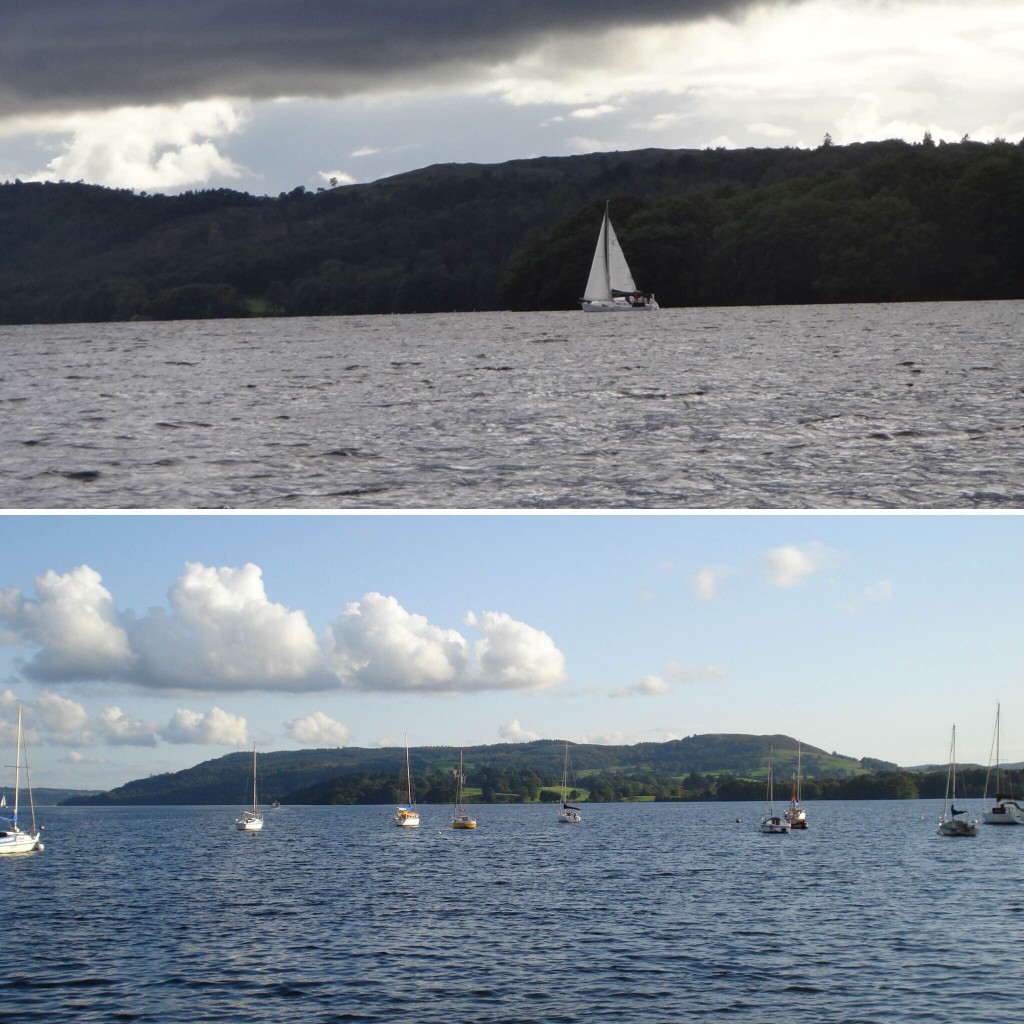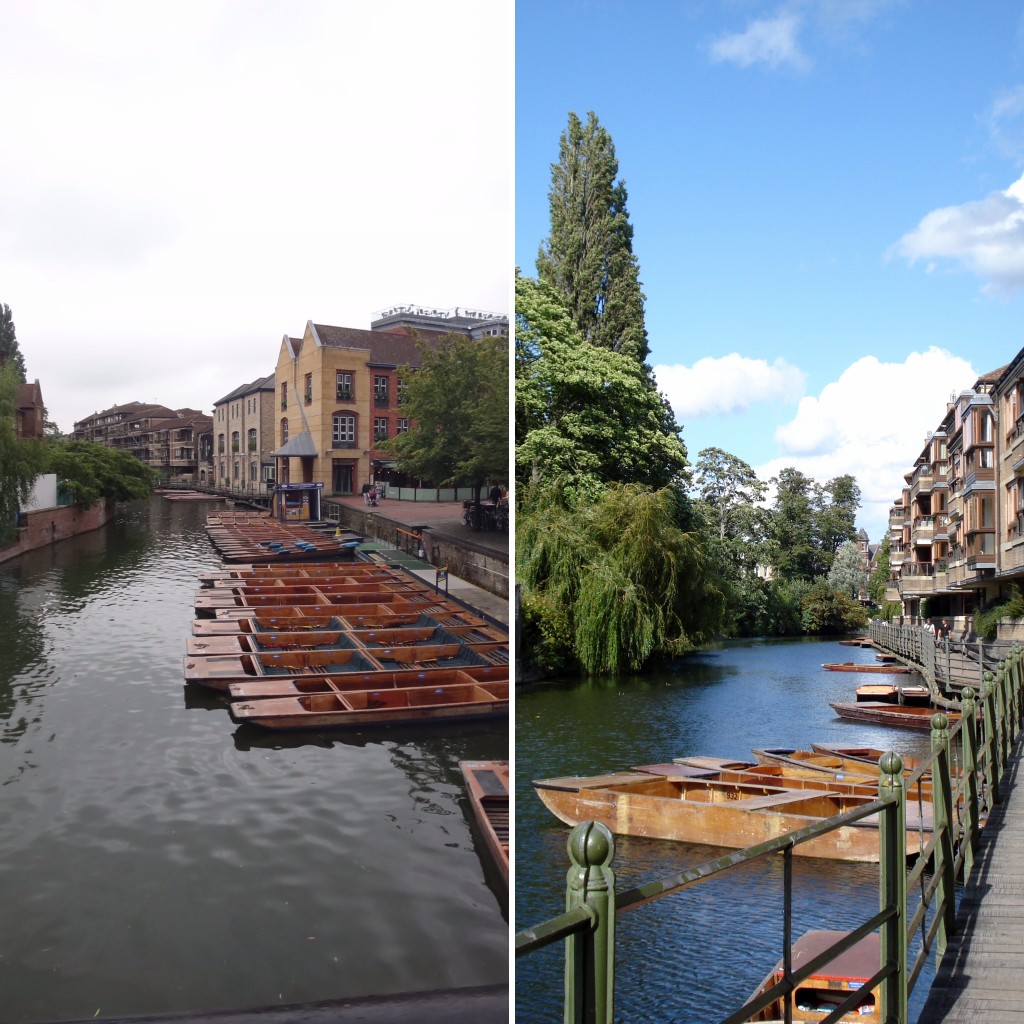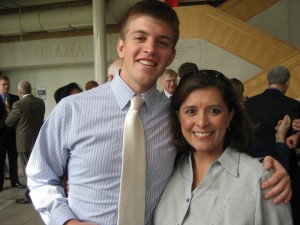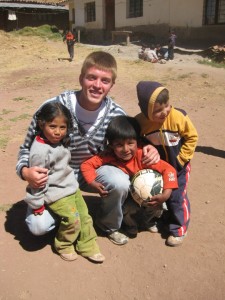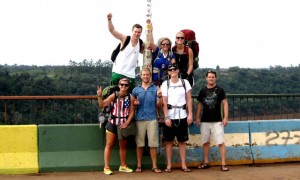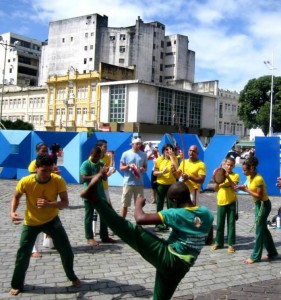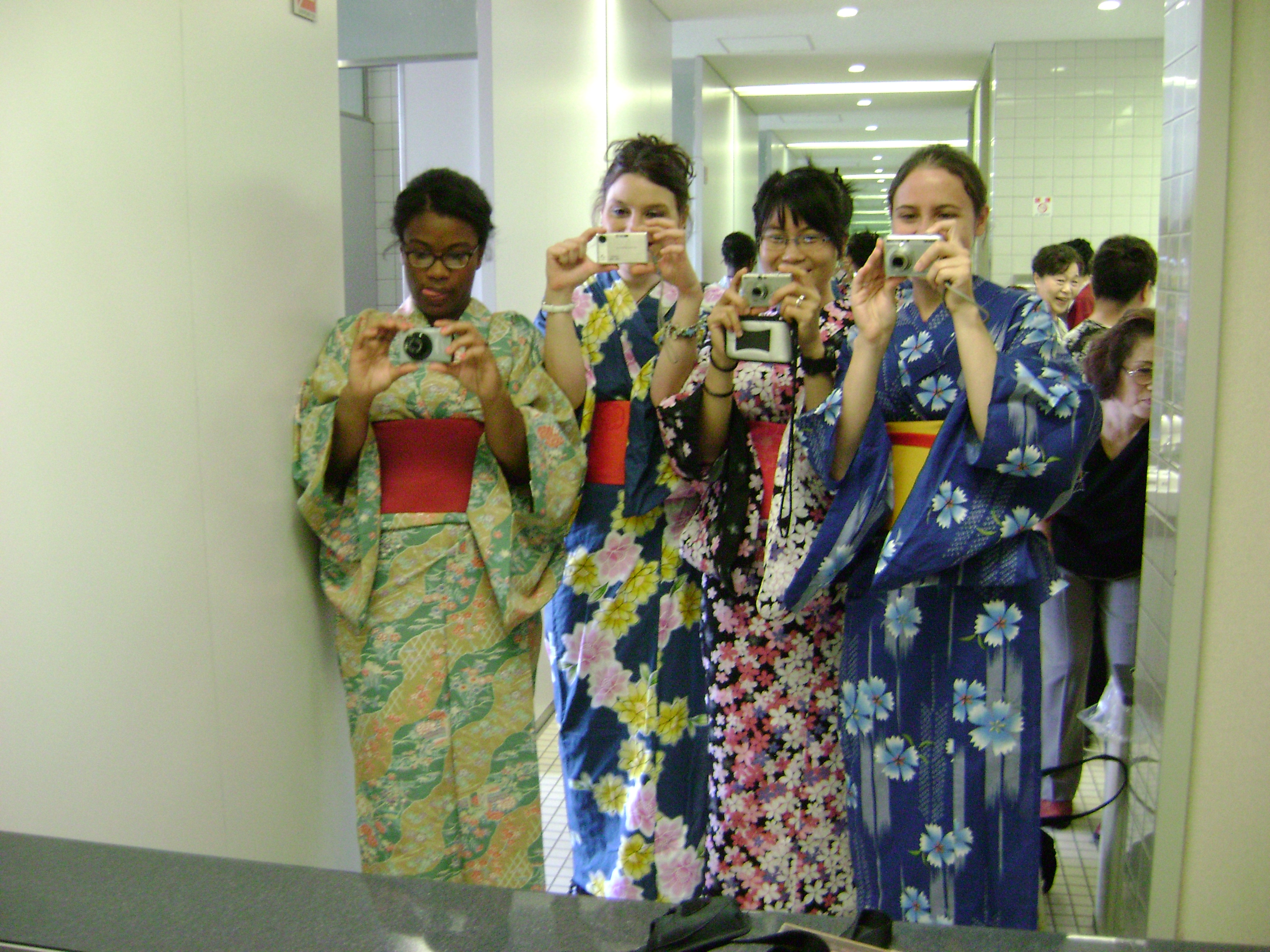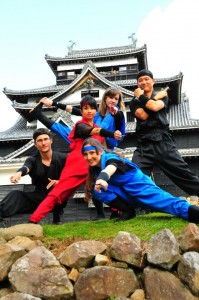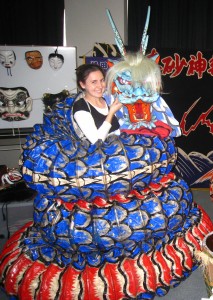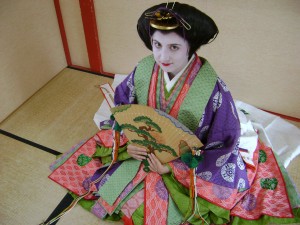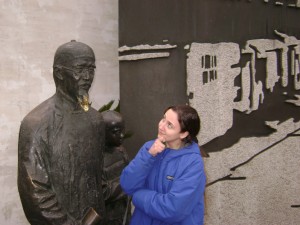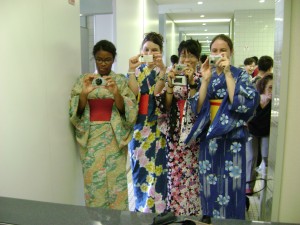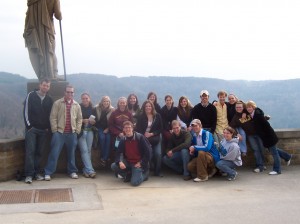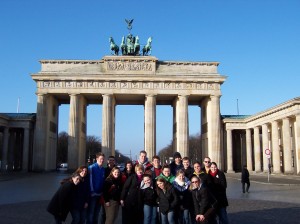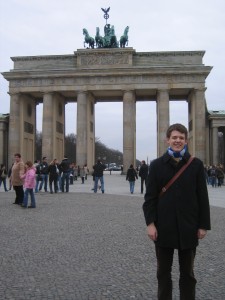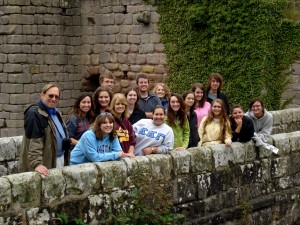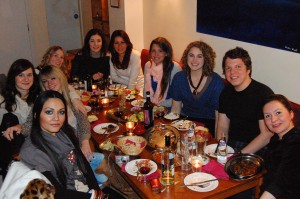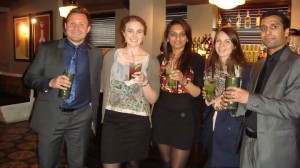Valpo Voyager
Student Stories from Around the World
Category: Alumni Blogs
Photographer: Regan Weber
Photographer: Breanna Struss
Photographer: Micah Topel
Photographer: Grace Nelson
Photographer: Breanna Struss
Photographer: Matthew Smok
Photographer: Matthew Smok
Photographer: Regan Weber
Photographer: Kylie Schreiber
Photographer: Jessica Sunblade
Photographer: Matthew Smok
Photographer: Matthew Smok
Photographer: Alesha Dempsey
Photographer: Regan Weber
Photographer: Micah Topel
Photographer: Micah Topel
Photographs provided by Kelsey Howard (C-82) and Bryn Cooley (C-92)
One of the most quintessential parts of a Cambridge experience is… the River Cam! Kelsey’s picture shows the Clare College Bridge on a calm, bright day, while Bryn’s demonstrates just how busy the river can be!
Another recognizable monument from the Cambridge Program is the spires of King’s College. While walking along King’s Parade, these cream-colored towers can be seen standing proudly.
London is only an hour’s train ride away from Cambridge. St. Paul’s Cathedral, pictured here in 2008 and 2013, can be seen towering over Millennium Bridge and the people who cross it every day.
The class trip with the broadest focus is fondly termed the “Castles Trip,” despite the fact that only two castles are visited. Another stop on this trip is Bath, where the famous Roman bath house can be visited. Here, we see an example of the baths in the daytime (Bryn’s) and lit by torches at night (Kelsey’s).
Fountain’s Abbey was once a wealthy Catholic monastery. When King Henry VIII broke away from the Catholic Church to form the Church of England, the wealth of the monasteries was seized for the crown and the monks were forced to leave. These ruins, shown in 2013 (top) and 2008 (bottom), are all that remain of the beautiful abbey.
As one of the most mysterious cultural heritage sites in Europe, Stonehenge has fascinated people for centuries. Though these pictures were taken 5 years apart, there is little change to be seen. The stones look much the same as they did hundreds of years ago.
Lake Windemere, the largest lake in Britain, seems rather small to those of us who are used to the Great Lakes. However, the beautiful lake is an excellent place for sailing, as we can see in both of these pictures.
Cambridge becomes home to every student who lives there, and many will remember crossing the Magdalene Bridge nearly every day to reach the city centre.
by Gavin Roy
I took my first Spanish class in ninth grade. I remember lamenting to my teacher that there wasn’t a magic pill that could suddenly render one fluent in a foreign language. In my mostly white, suburban community south of Cleveland, Ohio, I never really experienced international culture nor did I have to wrestle with diversity issues. Thus, foreign language remained a superfluity to me, a bland thing of academia.
In 2006 I came to Valpo as an eager young science student majoring in meteorology and with one final language course to knock out. I dispassionately enrolled in an intermediate Spanish course with Prof. Nelly Zamora-Breckenridge that fall. This course would prove to be the spark that ignited the passion for language and international communication that burns strongly within me today.
Prof. Zamora-Breckenridge, a native Spanish speaker from Colombia, succeeded in enamoring me with her birth language in two ways: first, the novelty of conversing in a foreign tongue with a native user was a skill that suddenly intoxicated me, perhaps with the same enthusiasm that young children often have for codes and secret communication. More importantly, the relevant global topics she worked into her lessons opened my eyes to a vast new world of social issues and complexities. I suddenly needed to devote myself to learning this new language, this lens through which I could continue to see the world more clearly.
Over the following three-and-a-half years I took almost every Spanish course that Prof. Zamora-Breckenridge offered and graduated in 2010 with a Spanish minor alongside a mathematics minor and a major in meteorology.
My one regret (truly) during my time at Valpo was that I didn’t pursue the opportunity to study abroad. Realizing this mistake upon graduation, I arranged to travel down to Peru in the summer of 2010 to volunteer for six weeks at a rural mountain kindergarten outside of Cusco. I saw more poverty than I had ever seen in my life. I also saw environmental damage that I couldn’t believe: the ceaseless inky spew of old vehicles, dirty streams choked with refuse, and plastic waste cascading down hillside after hillside. But I also had a ceaselessly full heart from interacting with so many people and especially children bursting with pure joy – all in their native tongue. The kids were wonderfully blunt when I would make Spanish mistakes, after which they would go right back to being my best friend. What an incredible way to hone one’s language skills without fear of judgment or shame!
I came back to the States and experienced the “reverse culture shock” that I had until then believed to be just an exaggeration – namely, utter apathy for acquisitive power, social media angst, and numerous other tritenesses of consumer America to which I was previously immune.
I am currently about a year away from obtaining my PhD in atmospheric science at Colorado State University. Science continues to interest me but language and international communication continue to interest me even more. I have served as a translator and blog manager for the International Environmental Data Recovery Organization. I have traveled to the hurricane-prone Yucatán Peninsula of Mexico during two summers to teach an introductory meteorology course in Spanish at a university that has a goal of starting their own atmospheric science department.
And in 2011 I started teaching myself Brazilian Portuguese with my knowledge of Spanish, a fairly similar language, as a foundation. Learning and teaching through this beautiful language of Brazil is now a full-time hobby of mine. Brazil is a rapidly developing country, but with a population only 7% of which can speak English. I view this as an incredible opportunity: very infrequently do native English speakers have the chance to travel to a foreign country and be forced to speak the language of that country. This is a blessing and a curse. A curse, because it requires effort and non-laziness on the part of the American. A blessing, because communicating with a foreigner in their own language is truly an amazing experience. I mean it. In Brazil, this is not only possible but practically required.
Alongside my doctoral studies I now run a Portuguese-language YouTube channel for Brazilians who are learning English. Myself, my wife Lauren Roy [née Overstreet, VU ’11], and four other Valpo graduates traveled together down to the World Cup in Brazil in 2014. And I have aspirations of becoming a scientific translator of both Portuguese and Spanish in the future, helping to play a role in uniting the international efforts to address global climate change and environmental destruction.
There is no magic pill that will effortlessly grant one the ability to speak a foreign language. Learning a language takes years upon years of focus and dedication. But the ultimate reward of this effort is an unbelievably beautiful thing: there is no clearer way to “see” the world than by speaking with its inhabitants.
Gavin Roy is a 2010 Valpo graduate with a meteorology major and a Spanish and mathematics minor. During his time at Valpo, Professor Nelly Zamora-Breckenridge really instilled a love of language for him. After graduation, Gavin volunteered in a kindergarten for 6 weeks in Peru. He also traveled down to the Yucatan Peninsula of Mexico during the summer semesters of 2012 and 2013 to teach an introductory meteorology course in Spanish in the Engineering Department of the Autonomous University of the Yucatan. Currently, he studies at Colorado State University getting his PhD in atmospheric science. Additionally, he has been aggressively teaching himself Brazilian Portuguese, which is an enchanting and rapidly growing (in influence) language that is somewhat similar to Spanish.
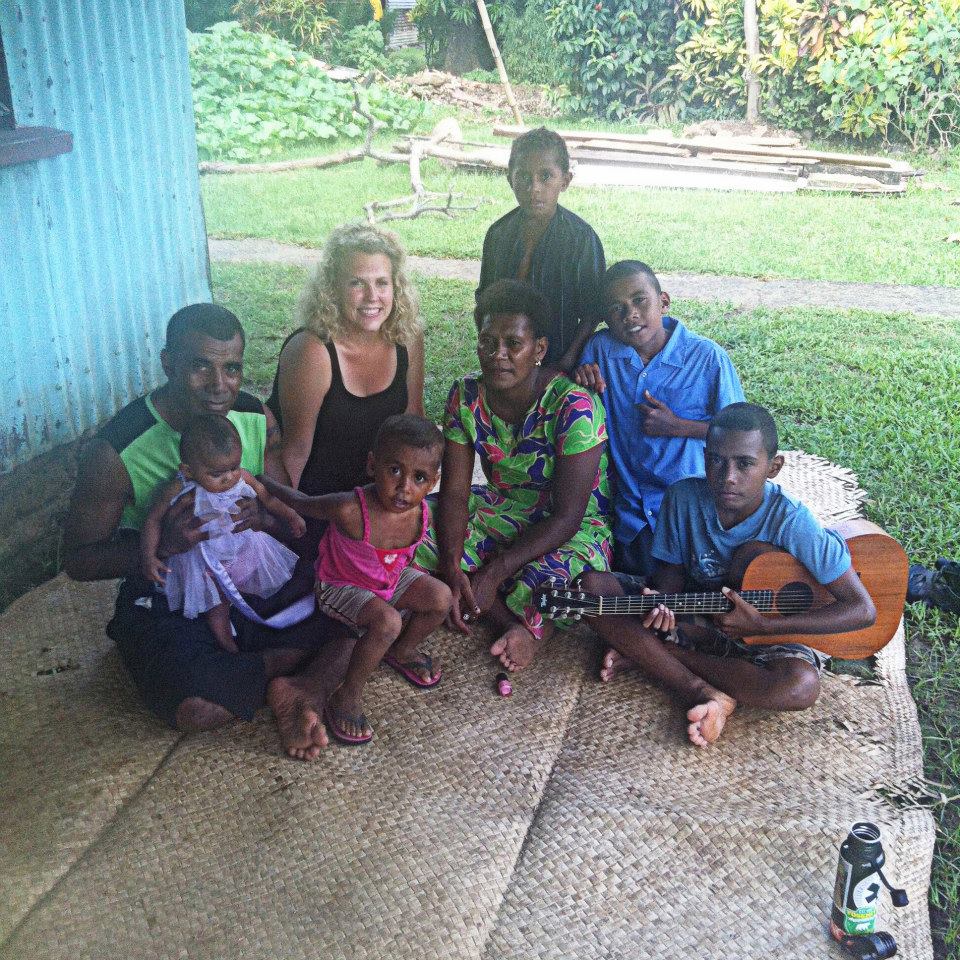 To Ma Chanza, Mama Bene, Visau, Kali, Damien, Valvuca, !Othema, Watson, Mama Catherine, and all of the other individuals who lovingly opened their homes to a foreign stranger, to those who fed me (usually too much!), to he who took me driving late at night around the township, to those who waited up for me to come home, to she who taught me how to bake fat cakes in the sun, to the small boy who jumped into my bed at 6am ready to play, to those who were patient with my awkward nature and unintentionally offensive behavior: I owe you (another) big fat thank you.
To Ma Chanza, Mama Bene, Visau, Kali, Damien, Valvuca, !Othema, Watson, Mama Catherine, and all of the other individuals who lovingly opened their homes to a foreign stranger, to those who fed me (usually too much!), to he who took me driving late at night around the township, to those who waited up for me to come home, to she who taught me how to bake fat cakes in the sun, to the small boy who jumped into my bed at 6am ready to play, to those who were patient with my awkward nature and unintentionally offensive behavior: I owe you (another) big fat thank you.
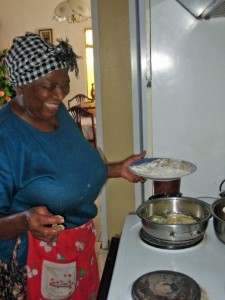 The words “Xie xie,” “Vinaka vaka levu,” “Eio,” “Asante sana,” or “Tangi unene” do not express the immense gratitude I feel towards you for calling me daughter.
The words “Xie xie,” “Vinaka vaka levu,” “Eio,” “Asante sana,” or “Tangi unene” do not express the immense gratitude I feel towards you for calling me daughter.
I loved how content each of you were. I loved that when the sky was clear, you were all together, running outside or relaxing under the shade of a tree. I loved that the land you live on is meant to be walked on with bare feet. I loved the boisterous sounds of the school children. I loved the fresh fruit – mangoes, bananas, avocadoes – best enjoyed in the company of others, fruit juice dripping down your forearms. I loved the fragrant frangipane you wove in your hair. I loved the fireworks you watched as a family after overindulging on dumplings.
I did NOT love the roosters’ early morning cock-a-doodle-doo’s, though I suppose nothing is perfect.
But above all else, the feeling that sticks with me in my heart of hearts, the 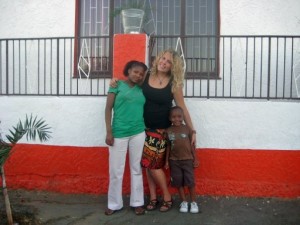 lesson I’m continuing to unpack even years later is this: the tangible, thick sense of community that hung in every corner of your home, and the doors that were always open to company, including mine. This idea of togetherness transcended the borders that divided the families that welcomed me.
lesson I’m continuing to unpack even years later is this: the tangible, thick sense of community that hung in every corner of your home, and the doors that were always open to company, including mine. This idea of togetherness transcended the borders that divided the families that welcomed me.
Studying abroad is for learning by pushing yourself out of your comfort zone. It’s for being exposed to different ways of living. It’s for challenging your notions of self, for questioning our own culture, for growing your compassion. Thank you for giving me that and more.
Peace,
Megan, “Meihua,” “Luvequ,” “Meggie”
>> I anticipated learning a lot while studying abroad – but severely underestimated how much I would learn while doing my homestay. From the quiet pleasure of sitting in silence with my family to effective techniques for hand washing my clothes, no experience during my semester abroad was as impactful, confusing, uncomfortable, rewarding, or insightful as the few weeks living with my homestay family.
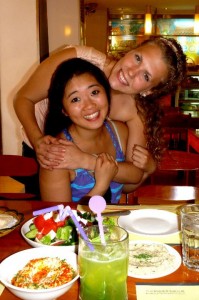 I won’t say that a homestay is a cake walk. It’s tough. It’s awkward. You feel FOMO from your other friends in their homestays. You milk goats (seriously, goats). You ride in donkey carts in the high noon heat. You are forced to eat first while your family members sit idly by and watch. You sit on the floor all the time. You run out of things to say. There are bugs, rats, cats, donkeys, puppies, chickens laying eggs in your bed.
I won’t say that a homestay is a cake walk. It’s tough. It’s awkward. You feel FOMO from your other friends in their homestays. You milk goats (seriously, goats). You ride in donkey carts in the high noon heat. You are forced to eat first while your family members sit idly by and watch. You sit on the floor all the time. You run out of things to say. There are bugs, rats, cats, donkeys, puppies, chickens laying eggs in your bed.
It ain’t always pretty, but I’ll be darned if it wasn’t entirely worth it. Trust me: you’ll know what I’m talking about when you have your first “Is this my life?” moment when your family (and heart) grows despite being thousands of miles away from Valpo.
My name is Brittany Partin and I decided to study abroad in Japan long before even looking into four-year universities. Once I got to Valpo as a junior level transfer student, the main question was not whether or not to study abroad, but how. I didn’t need anyone to tell me about the adventures, friendships, and personal development that would come with studying abroad, but I needed them to tell me how long and when I should go, how to pay for it, and what classes I should take to fit graduation requirements for both of my majors. With the help of a few academic advisors, I not only managed to study for a semester at Kansai Gaidai, Japan, but I also went on a ten day research seminar trip to China—all without delaying graduation!
Knowing how fast they would go by, I fit in as many cultural experiences in as I could, and had plans almost every weekend, be it karaoke with an international cast of friends, or outings with my host family. As a student abroad, it is part of your duty to go out and explore.
The difficulty level of my language classes, however, was not something I anticipated. It was a shock when I got my first terrible Japanese midterm results, since all of the Japanese classes I had ever taken in America were a breeze. The shock, however, was one of the greatest things that ever happened in my language learning career. Kansai Gaidai was able to accommodate students at a vast range of language ability levels, and they placed me at an appropriately challenging level. For me, the challenge was a transition from enjoying foreign language classes and using it for fun sometimes to making a serious commitment to attaining fluency.
Flash forward four years. I’ve since finished undergraduate and graduate school at Valpo, attained a high level of Chinese language proficiency, and
I’m in my first year as a Coordinator for International Relations (CIR) through the JET Program in Matsue City, Shimane Prefecture, Japan. This month I did on-the-fly interpreting with relative ease for a presentation about nuclear power. Back when I was struggling with my Japanese classes as Gaidai, I never thought I’d have to use vocabulary like “nuclear fission” outside my final exam.
Working in Japan isn’t quite the same as studying in Japan (I need to cook and clean for myself instead of having a host mother to do it), and Matsue is not as busy as the Kansai region, but it’s a good fit for me and I feel I’ve prepared well for my work and lifestyle here. Little did I know at Gaidai how much the material I studied would be directly applicable to my career—for instance, the class I took about Shintoism was just out of curiosity and to fulfill my theology requirement. It turns out Shimane is the setting for many Shinto myths, and now I write comics about those myths and introduce local Shinto culture as part of my tourism promotion activities. Furthermore, my professor for that course at Gaidai is now using some of my material! That being said, I still maintain many of the international connections I made while studying abroad.
As you are reading this, it is impossible to know where you will be four years from now, but right now you do have the resources to plan the rest of your stay at Valpo effectively. Talk with your advisors about how to make studying abroad work out, and once you get there, take advantage of everything. This is your semester to open yourself up to new experiences and challenges that only a change of scenery—and language, and diet, and customs, and community—can provide. You never know what is going to prove valuable in the future, but probably more than you can imagine right now.
Because I work in the international tourism promotion office, one aspect of my job is to blog about my adventures out here, so please take a look sometime: http://saninstory.wordpress.com/ and consider the many opportunities studying abroad can open up for you!
Alumni Guest Blog.
Daniel Jarratt, Valpo alum, studied abroad in Reutlingen, Germany in 2005 (R-75) and writes about how his experience impacted him. Valpo alumni are invited to email study.abroad@valpo.edu to share their story on how studying abroad impacted their lives.
Studying abroad is — plain and simple — a lot of fun. How about jumping into thermal baths and caving in Budapest, punting boats on a river through a medieval German town, or summiting the tallest mountain in Wales?
Studying abroad is unique. Where else can you have an entire castle tower to yourself for a night in a youth hostel? See the Queen of England from 3 feet away? Walk through Roman catacombs, part of the tangible history of the early church?
Studying abroad is living history. Stand where Martin Luther translated the Bible and where Shakespeare was born. See bombed-out Coventry Cathedral, the home of the Community of the Cross of Nails of which our Chapel of the Resurrection is a part. If you have ancestors in the area you’re studying, find their old homes and people who share your name.
I lived in Reutlingen, Germany, for three semesters (spring 2005, fall 2007, spring 2008) on two Valpo overseas programs (including one after graduation), and I did everything above and much, much more. My time in Germany was, far and away, one of the most meaningful experiences that Valpo provided.
- You can and should finish your degree in four years, except for a small handful of majors which have special arrangements.
- I was frugal, and you’ll be afforded student rates on almost everything if you head to Europe (or another touristed area). Studying abroad was a very good value.
- There is a long history of the Grand Tour, and many of Valpo’s students (and the University itself) are its heirs. Over the last four centuries of Western higher education, students who wished to further their education traveled extensively specifically to learn about the world beyond their community and nation. If you have the chance to study abroad during college and you don’t, you’re cheating yourself.
Study abroad is important for many of the same reasons the liberal arts are important. If you believe that education should be about more than just vocational training (and you’re at Valpo, so I assume you do), studying abroad is a key method of learning the liberal arts. In fact, it may be the most effective: immersing yourself in a work — a book, a symphony, or a place — outshines lectures by even the best professors.
You (yes, you) should study abroad. Living in Germany was one of the best decisions of my life, and my only regret is I couldn’t stay longer. You’ll feel the same way too.
Daniel Jarratt, VU’07 with TV/Radio Production and Humanities majors and a German minor.
Alumni Guest Blog.
Kelsey Howard, Valpo alum, studied abroad in Cambridge, England in 2008 (C-82) and writes about how her experience impacted her career plans. Valpo alumni are invited to email study.abroad@valpo.edu to share their story on how studying abroad impacted their lives.
It has been four years since I took the plunge as a Valpo Study Abroad student in Cambridge, England. Since then I have travelled to a dozen countries in Europe, completed my Bachelor’s degree at Valpo (Political Science and Humanities at Christ College), earned a Master’s degree from Anglia Ruskin University in Cambridge (Intercultural Communication) and now work at an amazing international college where I interact every day with students from all over the world. None of this would have happened if I hadn’t had the opportunity to study abroad.
I’ll admit it wasn’t an instantaneous, divine revelation for me to choose to move overseas. I came as an undergraduate for a semester and that was all I expected it to be. I wanted to travel, to eat, drink and be merry—all whilst getting to meet new people and experience cultures different than my own. I did all of these things in three short months, but after awhile of being back in the States I knew that I wanted more. When I saw the MA program at ARU entitled ‘Intercultural Communication’ I immediately felt like I had struck gold. I thought to myself, ‘that is exactly what I want to do’.
After putting in my application and waiting for a few nervous weeks, I got an offer to return to what had become my second home in 2008 to study once again. I can’t even begin to describe the richness this course offered, but suffice it to say that the students and lecturers I met taught me more in one year than any book could teach me in a lifetime.
Once finishing my Master’s degree, I landed a job at Cambridge Ruskin International College in academic and student support. This post was originally supposed to last only one year (to cover maternity leave), but I have recently been offered a permanent position. I could not be happier to be where I am, doing what I do. I love the students I work with every day—they have already taught me so much! I couldn’t have asked for a better first real job.
Lots of people say that studying abroad changed their life—I am a living testament to that. If it had not been for my decision to study abroad while I was at Valpo, I wouldn’t be where I am today. It was one of the best decisions I have ever made.
© 2026 Valpo Voyager
Theme by Anders Noren — Up ↑
